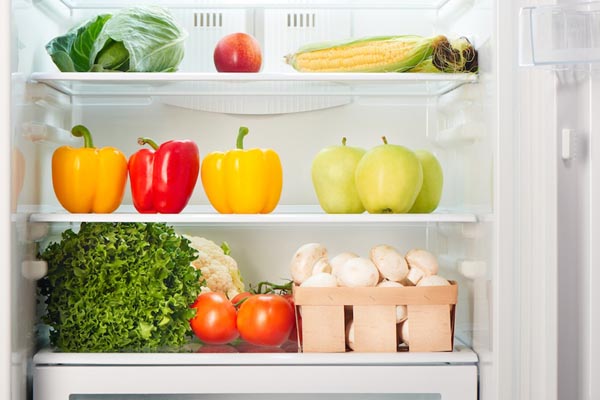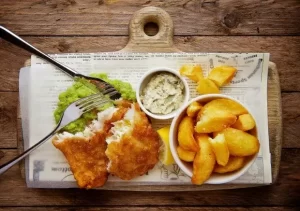
When it comes to keeping vegetables fresh, there’s often confusion about whether to refrigerate them or not. The proper storage of vegetables not only impacts their taste and texture but also plays a significant role in preserving their nutritional content. In this detailed article, we will explore the best storage practices for different vegetables, providing you with the expertise and authority to make informed decisions about refrigeration. So, let’s delve into the topic: Should You Refrigerate Vegetables?
Should You Refrigerate Vegetables?
Refrigerating vegetables is not always the best option, as some varieties are more sensitive to cold temperatures than others. Understanding which vegetables benefit from refrigeration and which do not is crucial for maintaining their quality. Let’s explore this further:
Leafy Greens:
Leafy greens, such as lettuce, spinach, and kale, are highly perishable and tend to wilt quickly. It is essential to refrigerate them in a tightly sealed container or a plastic bag with some air circulation. However, be sure to avoid washing them before storage, as excess moisture can lead to faster decay.
Root Vegetables:
Root vegetables like carrots, beets, and radishes should be stored in a cool, dark place, away from direct sunlight. Refrigeration can make these vegetables lose their natural sweetness and become rubbery in texture. Instead, place them in a perforated plastic bag to maintain freshness and prevent mold growth.
Tomatoes:
Tomatoes are unique in that they lose their flavor and texture when refrigerated. To preserve their taste and juiciness, keep them at room temperature until they ripen fully. Once ripe, you can refrigerate them for a few days, but it’s best to consume them sooner rather than later.
Cucumbers:
Cucumbers have high water content, and refrigeration can cause them to turn mushy. Store cucumbers at room temperature, but if you need to extend their shelf life, consider placing them in the crisper drawer, away from other ethylene-producing fruits.
Bell Peppers:
Bell peppers can be refrigerated, but their skin might wrinkle over time. To prevent this, place them in a paper bag before storing them in the fridge. However, if you plan to use them within a couple of days, keeping them on the kitchen counter is acceptable.
Potatoes:
Potatoes should be kept in a cool, dark place, but not in the refrigerator. Cold temperatures can convert their starch into sugar, leading to an undesirable sweet taste and a gritty texture. Instead, use a ventilated storage container to prevent them from sprouting.
FAQs about Refrigerating Vegetables
Q: Can I refrigerate avocados?
A: Unripe avocados are best kept at room temperature until they ripen. Once they are ripe, you can store them in the refrigerator for a few days to prolong their freshness.
Q: Should I wash vegetables before refrigerating them?
A: It’s advisable not to wash vegetables before refrigeration, as excess moisture can accelerate spoilage. Instead, wash them right before use.
Q: Can I store onions in the refrigerator?
A: Onions should be stored in a cool, dry place with good ventilation. Refrigeration can lead to mold growth and make onions soft and mushy.
Q: How long can I refrigerate cut vegetables?
A: Cut vegetables, if stored properly in airtight containers, can last in the refrigerator for 2-3 days before their quality begins to decline.
Q: Can I freeze vegetables to extend their shelf life?
A: Yes, many vegetables can be frozen to extend their shelf life. However, blanching them before freezing helps retain their texture and nutrients.
Q: Can I store all vegetables together in the refrigerator?
A: Some vegetables release ethylene gas, which can accelerate the ripening and decay of others. To prevent this, store ethylene-producing and ethylene-sensitive vegetables separately.
Conclusion
Understanding the proper storage methods for vegetables is essential for preserving their taste, texture, and nutritional value. While refrigeration is suitable for some vegetables, others thrive better in a cool, dark place. By following these guidelines, you can reduce waste, extend shelf life, and enjoy the freshest and most flavorful vegetables possible. So, next time you wonder, “Should You Refrigerate Vegetables?” remember that the answer depends on the specific vegetable in question. Choose the right storage method, and you’ll ensure your veggies stay crisp and delicious for longer.







